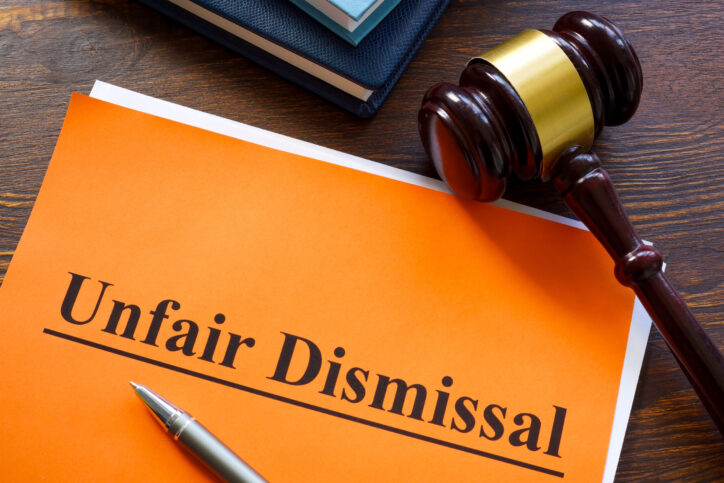It's critical as an employer that you understand whether or not the direction or request your making of an employee is reasonable.
The recent utilisation of JobKeeper flexibilities has highlighted the importance of understanding the context and outcome of making a direction or request of a staff member.
While JobKeeper 2.0 no longer allows for employers to make annual leave requests, certain Modern Awards do still provide employers the ability to direct the use of annual leave under the right circumstances.
But what is a reasonable request and what do you need to know as an employer?
What to consider
CCIWA Employee Relations adviser Chris Nunn explains that COVID-19 has compounded the challenge for employers to ensure what they ask of their employers is reasonable.
He uses the example of a worker refusing a request to take leave over a particular period because they wanted to use their annual leave at another time more suited to their individual needs.
“The ability to make these sorts of requests in connection to annual leave only came about because of COVID,” he says.
“We are going through a time where it’s more difficult than ever to make sure everyone is looked after, and things are expensive for businesses too, so if employees make particular requests, businesses need to consider all of the circumstances people are facing.”
In relation to JobKeeper leave requests, businesses needed to consider a worker’s personal situation, their job role and whether a reduction in hours could be spread across several staff members.

Reasonable requests in practice
A recent Fair Work Commission (FWC) case between a Gold Coast theme park worker and her employer Ms Leonie McCreedy v Village Roadshow Theme Parks was the first FWC ruling to be published under the JobKeeper legislation.
Ms McCreedy had been employed by Village Roadshow for 22 years and was under a part-time contract but receiving JobKeeper payments in March this year when her employer asked that she take leave.
As per changes to the Fair Work Act, her employer asked that she take one day of annual leave per week until her annual leave balance was 10 days.
Ms McCreedy refused on the grounds that she had already planned her own holidays, including three days off to attend the musical ‘Frozen’ in September, and did not want to take leave outside of these planned dates.
Ms McCreedy told the FWC she understood the JobKeeper legislation and the allowance for employers to request workers to take leave, but objected to Village Roadshow using her annual leave to assist it in reducing all employees’ leave balances.
The FWC ruled against Ms McCreedy, stating that her refusal of the request from her employer to take one day of annual leave a week was unreasonable.
The case dealt with the issue of an employee wanting to save their leave for another time and considered a number of personal circumstances such as whether the trip was booked, other leave types available and company policies on applying for leave.
Key takeaways
Nunn explains that the question about what’s reasonable ties into many different areas of employment law and there was no specific definition anywhere.
“It is subjective and is going to change based on who’s interpreting it,” he says.
He adds that employers need to assess individual situations on a case-by-case basis.
"The critical factor is making sure you consider the all of employee's circumstances, both personal and in the workplace," he says.
"As well as the staff member's circumstances, you will also need to consider the genuine needs of the business, and the impact on other staff."
For information and advice on this issue, contact CCIWA's Employee Relations Advice Centre on (08) 9365 7660.






